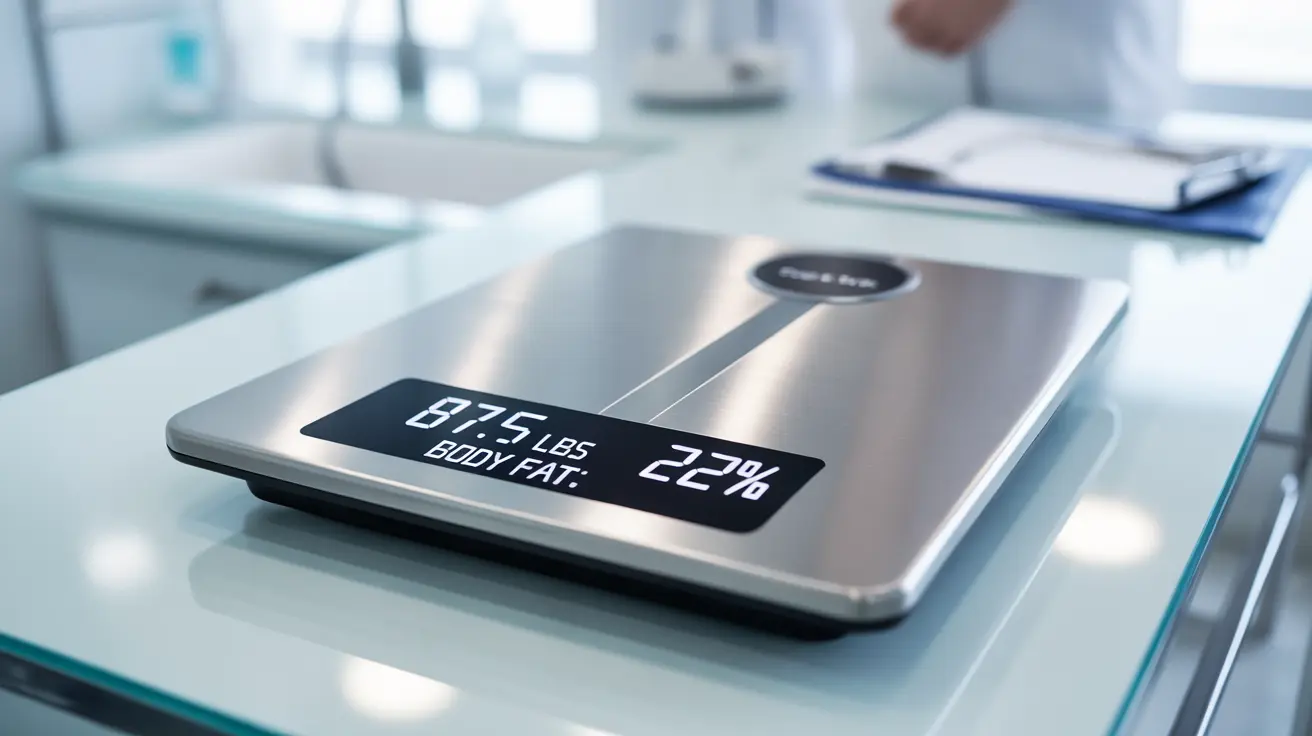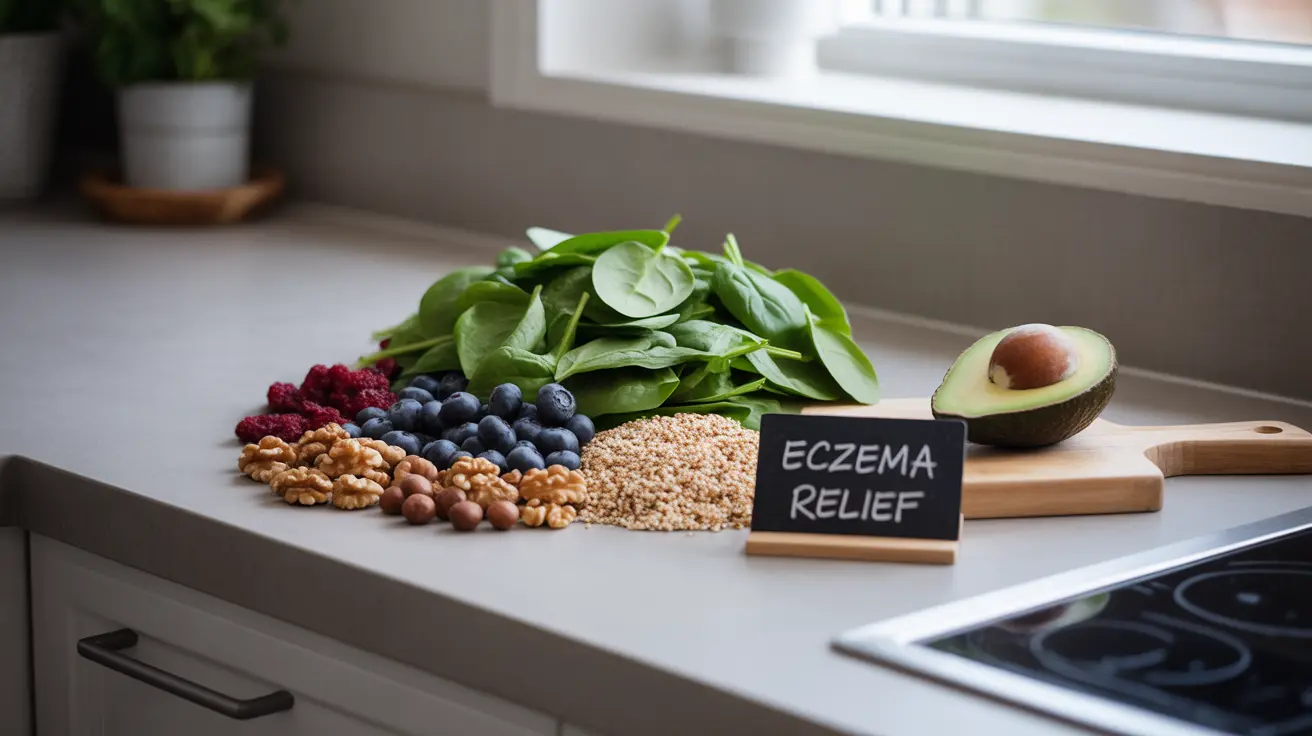For millions of Americans struggling with acid reflux and GERD (Gastroesophageal Reflux Disease), a groundbreaking new acid reflux medication called vonoprazan offers fresh hope for symptom relief. This innovative treatment represents a significant advancement in acid suppression therapy, providing faster and more consistent acid control compared to traditional options.
Understanding how this new medication works and its potential benefits can help patients and healthcare providers make informed decisions about treatment options. Let's explore the key aspects of vonoprazan and its role in managing acid reflux conditions.
Understanding GERD and Its Types
GERD manifests in two primary forms: erosive and non-erosive. Understanding these distinctions is crucial for proper treatment selection and management.
Erosive vs. Non-erosive GERD
Erosive GERD involves visible damage to the esophageal lining, detectable through endoscopy. Non-erosive GERD, while causing similar symptoms, doesn't show visible esophageal damage but can be equally distressing for patients. Both forms require effective acid suppression for symptom management.
How Vonoprazan Works
Vonoprazan belongs to a class of medications called Potassium-Competitive Acid Blockers (P-CABs). Unlike traditional proton pump inhibitors (PPIs), vonoprazan works by directly blocking acid production through a different mechanism, leading to more rapid and sustained acid suppression.
Key Benefits of Vonoprazan
This new acid reflux medication offers several advantages:
- Faster onset of action compared to traditional PPIs
- More consistent acid control throughout the day
- Effectiveness regardless of meal timing
- Potential for better nighttime acid control
- May work better in patients who don't respond well to conventional treatments
Safety and Side Effects
Clinical trials have established vonoprazan's safety profile, though patients should be aware of potential side effects:
- Mild headaches
- Gastrointestinal disturbances
- Upper respiratory tract infections
- Mild skin reactions
Most side effects are generally mild and manageable, making vonoprazan a well-tolerated option for many patients.
Lifestyle Modifications and Complementary Approaches
While medication plays a crucial role in managing GERD, certain lifestyle changes can enhance treatment effectiveness:
- Maintaining a healthy weight
- Avoiding trigger foods
- Eating smaller meals
- Not lying down immediately after eating
- Elevating the head of the bed
- Quitting smoking
- Limiting alcohol consumption
Frequently Asked Questions
What are the symptoms of non-erosive GERD, and how does it differ from erosive GERD?
Non-erosive GERD presents with heartburn, chest pain, and regurgitation but shows no visible damage to the esophagus during endoscopy. Erosive GERD has similar symptoms but includes visible inflammation or ulceration of the esophageal lining. Both types can significantly impact quality of life and require appropriate treatment.
How does vonoprazan work, and what are its benefits compared to existing acid reflux treatments?
Vonoprazan works as a Potassium-Competitive Acid Blocker, providing faster and more consistent acid suppression than traditional PPIs. It maintains effectiveness regardless of meal timing and offers better nighttime acid control. The medication begins working more quickly and may be more effective for patients who don't respond well to conventional treatments.
What are the common side effects of vonoprazan, and how safe is it for long-term use?
Common side effects include mild headaches, gastrointestinal disturbances, and upper respiratory tract infections. Clinical studies have shown vonoprazan to be safe for long-term use, with most side effects being mild and manageable. Regular monitoring by a healthcare provider is recommended for extended use.
Can vonoprazan be used alongside other medications, and are there any specific dietary precautions?
Vonoprazan can generally be used safely with most medications, but patients should inform their healthcare provider about all medicines they're taking. While there are no strict dietary restrictions, maintaining a healthy diet and avoiding trigger foods can enhance treatment effectiveness.
Are there any lifestyle changes or natural remedies that can complement medication for managing acid reflux symptoms?
Several lifestyle modifications can enhance medication effectiveness, including weight management, avoiding trigger foods, eating smaller meals, and not lying down after eating. Natural remedies like ginger tea, aloe vera juice, and mindful eating practices can also complement medical treatment, though they should not replace prescribed medications.




